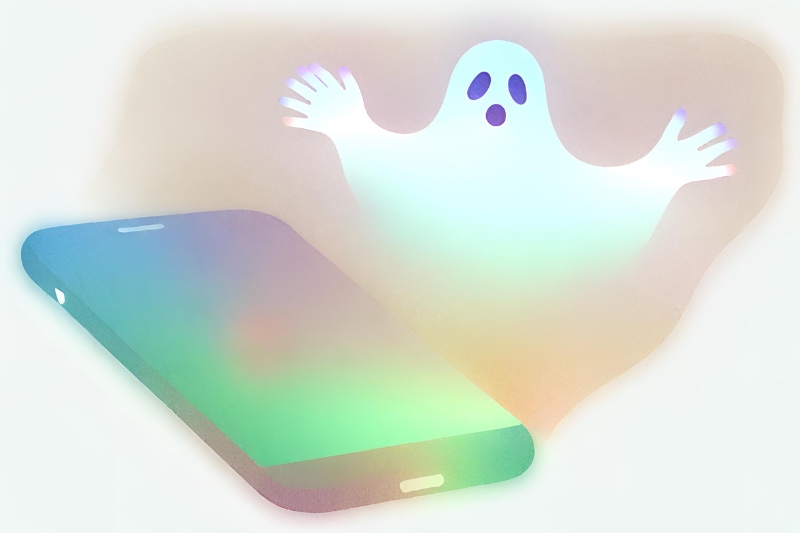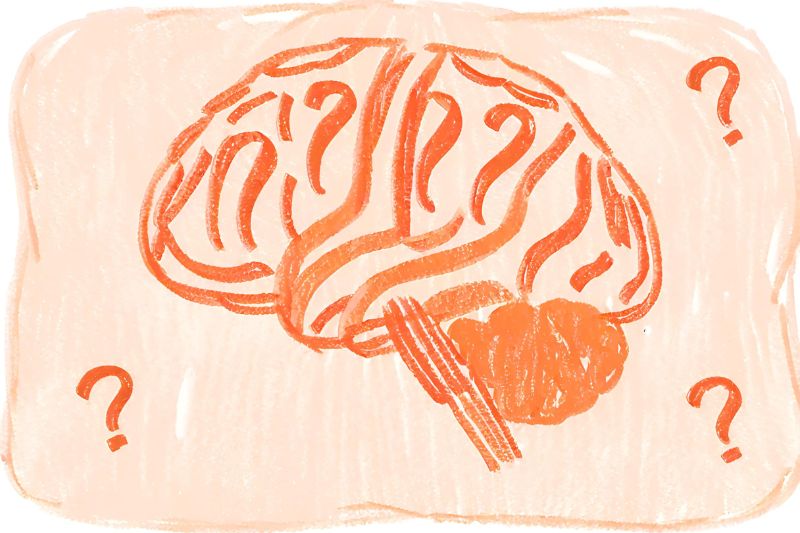Dating and Your Mental Health: How to Deal With Ghosting
Ghosting has a negative impact on your self-esteem and overall mental health. We cover how to deal with this unfortunate dating trend.

It’s time for us to dish out some more therapist-approved dating advice! If one of your New Year’s resolutions is to get on the apps to meet that special someone, then our dating series is a must-read.
Putting yourself out there to meet new people is great for personal growth, but it can also take a toll on your mental health. With the help of ManageMinds, you can learn how to successfully navigate the dating scene whilst protecting your own wellbeing.
Up this month: how to deal with ghosting. Let’s get started!
What is ghosting?
You’ve surely heard the phrase thrown around, but if you’re not exactly sure what ghosting is, let us fill you in. Ghosting is when someone you have been connecting with suddenly halts all communication with you. They don’t respond to texts, your calls are left unanswered, and they stop interacting with your social media. Basically, they seem to fall off the face of the earth.
It most commonly happens during the “talking stage” (when two people are messaging back and forth but have yet to meet in person) or after a date or two, but for some poor souls, ghosting can occur months into a relationship.
Unsurprisingly, being ghosted can leave you feeling confused, angry, and sad.
Why do people ghost?
Ahh, the million dollar question. If there was one clear reason why people ghost, we’d probably all learn how to notice the warning signs and get out before things turn spooky.
Unfortunately, there are a wide range of reasons for people to ghost. On top of this, the very nature of ghosting means that you are unlikely to ever get a real answer. This is one of the things that makes ghosting so hurtful and frustrating.
Some people ghost because they find ceasing all contact to be an easier alternative to having a potentially uncomfortable conversation. For example, they may have decided that they’re not attracted to you, but don’t know how to communicate this in a way that doesn’t sound mean or provoke a negative response.
In some cases, people may have something dramatic happen in their personal life that causes them to put dating on the backburner. While it doesn’t take much to send a quick message to let their dates know this, if connections are still contained within an app, it can feel simpler to just delete the app.
Finally, as ghosting is now a firm staple of the millennial and Gen Z lexicon, many people view it as an inevitable aspect of dating, and so don’t feel bad about doing it. Those who ghost generally assume that the person on the receiving end will get the hint and move on.
How to deal with ghosting

It's about them, not you
The act of ghosting says far more about the perpetrator than it does about the ghostee. In fact, the ghosting usually has nothing to do with the person on the receiving end. We’re not just saying this to make you feel better—it’s the god’s honest truth.
In the immediate aftermath of a ghosting it’s normal to find yourself wondering what you did wrong. You have no answers from the ghoster, so it’s natural to turn the spotlight onto an area where you have some knowledge: your own shortfalls.
The truth is, people ghost because of their own insecurities or fears. Use this knowledge to turn the act into an ick. Who wants to be with someone who’s immature enough to cut off all contact rather than communicate their opinions and needs? Not us!
Resist the urge to seek answers
When you realise that you’re in the process of being ghosted, it can be very tempting to try to get some answers. You might send follow up messages asking for an explanation for their behaviour or, if you’ve been blocked, you might even try to find them on other platforms that allow messaging.
Before you take these steps, ask yourself a couple of questions:
- Do you really need closure?
- What will it achieve?
Firstly, it’s unlikely that you’ll get a response anyway. Essentially, you could be ghosted all over again. In a few weeks or months, when you’ve had time to get over the situation, you’ll probably regret sending those additional messages. Staying quiet and moving on preserves your dignity.
Secondly, is there any response that will really make you feel better? This is a person who clearly doesn’t want to be with you and doesn’t respect you enough to break things off in a mature way. If they do provide an explanation, you’ll never know whether it’s the truth and, either way, it won’t make you feel good.
Finally, let’s say you send a message calling them out on their behaviour and they rematerialise, apologise, and try to make amends. They’ve already shown you that they’re capable of performing disappearing acts. If you take them back, you’ll always be wondering if it’s going to happen again, and if it does, it’ll feel even worse than the first time.
Write it out
Struggling to stick to the above tip? If you feel a strong desire to send the ghoster a message, carry out the first step. That is, write down exactly what you would say to them if you could. BUT—and this is the important bit—DO NOT send it to them. Text or email it to yourself or, better yet, just write it in a journal.
The process of getting your thoughts out should feel cathartic and reduce the urge to make contact with them. Sure, you won’t get the closure of a response, but as we’ve stated, you are highly unlikely to get that even if you do send it.
Bonus tip: beware of zombies!
Thought ghosts were scary enough? Well, wait for the head-scrambling joy of encountering a zombie! This refers to a person who ghosts you, but then, just as you are happily moving on, decides to come back from the dead for another try. This is often in the form of scintillating conversation starters like “hey”, “how’s it going?”, or “long time no speak” (the audacity of the latter is almost impressive). Read it, scoff, delete it, and return your attention to people worthy of your time.
And that concludes your guide on how to deal with ghosting! The main thing is to not let an experience like this put you off dating altogether. Sparking up a conversation with somebody new is the quickest way to exorcise a ghost from your life.
Interested in more wellness-based dating tips? Check out our 5 tips for maintaining good mental health while dating.
Post Date:
Author: Isobel Robb
Explore More Articles
3 Mental Health Myths Your Therapist Is Sick of Hearing
It's great that more people are talking about mental health, but not everything you hear is necessarily true. Don't fall for these 3 mental health myths!
Feeling Worried? Challenge Anxious Thoughts with These Simple Questions
Stuck in a spiral of anxious thoughts? Use these 3 simple questions to challenge negative thinking and adopt a healthier mindset.
ManageMinds Explains... Narcissists
Even wondered if you or someone you know may be a narcissist? In this guide we cover what narcissistic personality disorder is, as well as the signs you need to watch out for.


